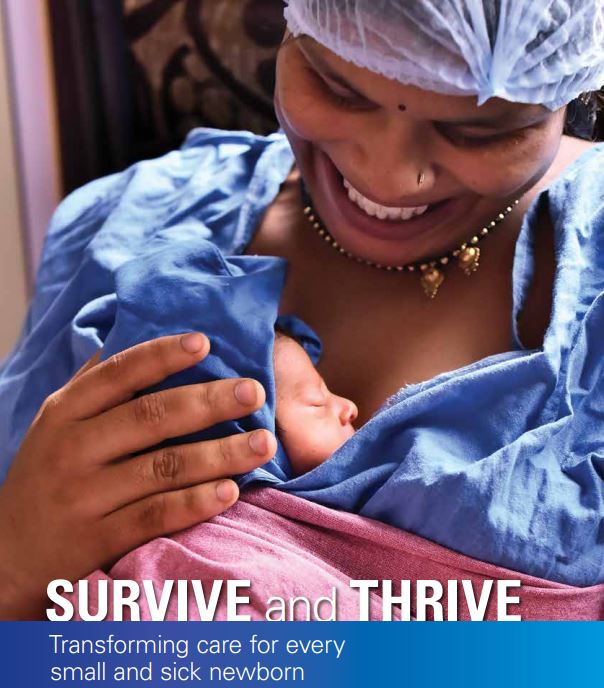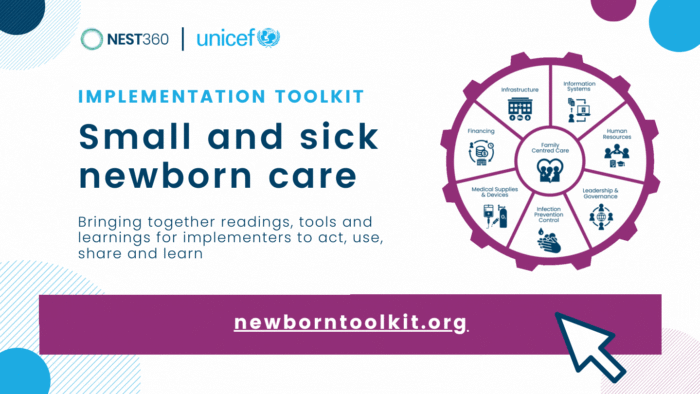Newborns who are born too early, too small, or who become sick in the first few weeks of life are extremely vulnerable, and require special attention and care. Significant advances have been made in the last 20 years with establishing essential newborn care, but the same strides have not been made with advancing small and sick newborn care, and this is the group we must focus on now to achieve global targets.
Preterm birth complications are the leading cause of death in children under five years of age, accounting for approximately one million deaths per year. It is estimated that three-quarters of these deaths can be prevented with existing, cost-effective interventions. Only 35% of countries globally have planned for small and sick newborn care (SSNBC), and fewer than 5% have mobilized resources for SSNBC1. In 2023, 50% of newborn deaths and 51% of stillbirths occurred in the 29 countries with UN Humanitarian appeal. Expanding coverage of essential newborn care and SSNBC in fragile settings will make the greatest contributions to reaching SDG NMR targets.
Mortality rate is only one indicator of the state of the world’s newborns, and thinking beyond survival becomes increasingly important as more newborns survive into infancy and childhood. Many necessary medical interventions for small and sick newborns are lifesaving but can come at some expense of the baby’s long-term neurodevelopment. Developmental care, nutrition, and strong primary health care to ensure timely follow-up for these babies are essential for reducing disability and morbidity in newborns.
Citations:
1. Putting Theory into Practice: Strengthening Quality of Care for Small and Sick Newborns, IMNHC, May 8, 2023, Cape Town, SA.
Key Resources
-
Guidance
WHO standards for improving the quality of care for small and sick newborns in health facilities
-
Guidance
WHO recommendations for care of the preterm or low-birth-weight infant
-
Report
Survive and thrive: Transforming care for every small and sick newborn
-
Journal Series
Series from the Lancet journals: Small vulnerable newborns
-
Website
NEST360
-
Toolkits & Training Materials
Implementation Toolkit for Small and Sick Newborn Care
-
Report
Kangaroo mother care: a transformative innovation in health care: global position paper
-
Journal Article
A comprehensive model for scaling up care for small and/or sick newborns at district level–based on country experiences presented at a WHO-UNICEF expert consultation



